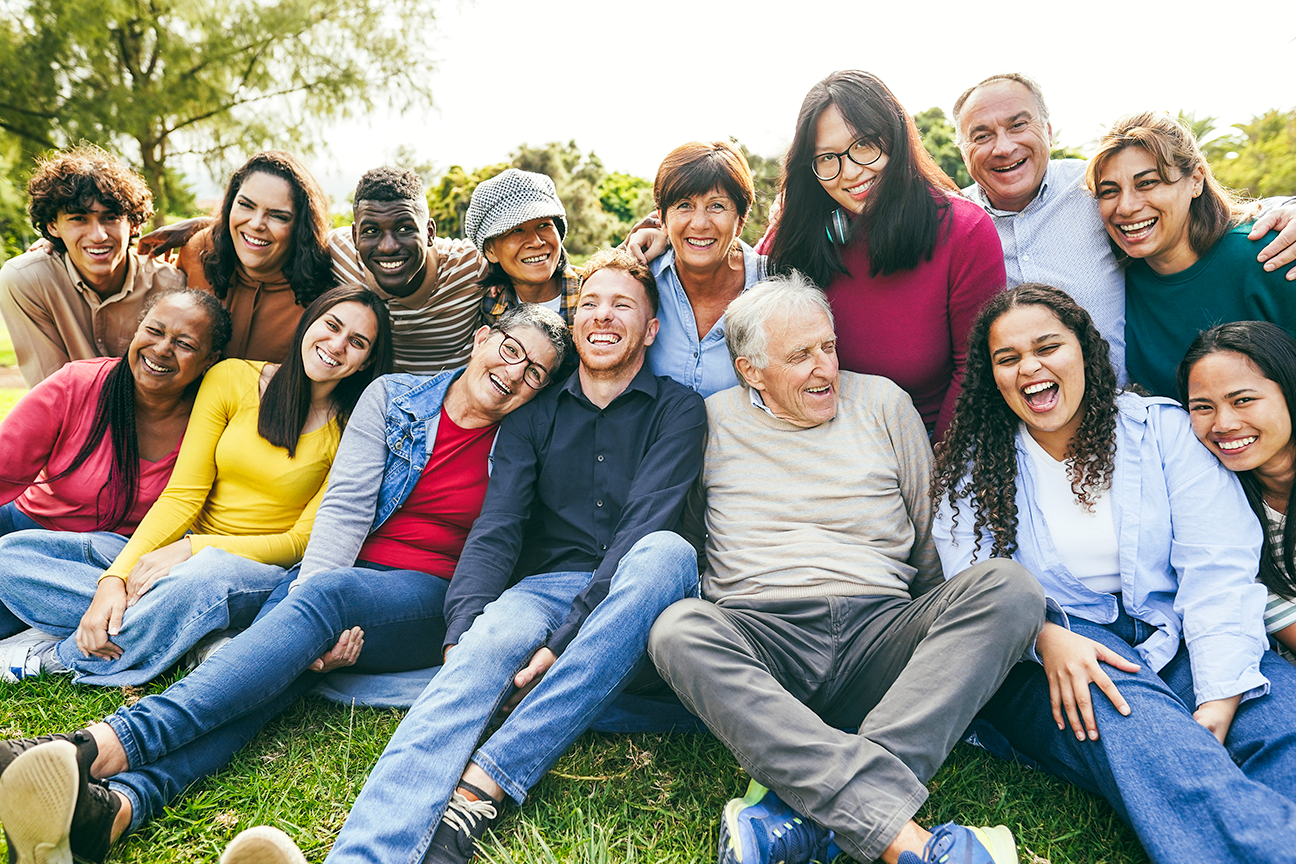Be Kind. Do Good.
I grew up in East Tennessee, where family values were deeply rooted in the importance of loving one's neighbor. I was a cradle United Methodist, meaning I inherited my faith but had to wrestle with it, test it, and ultimately make it my own. Along the way, my education, my time as a Boy Scout, and even my experience as a club kid at the Boys Club helped shape me. I am a first-generation college graduate, in part because I joined the Marine Corps to help pay for my education.
Through those years, I had family, mentors, and friends who modeled what it truly meant to care for others. They taught me empathy, the importance of embracing difference, and the conviction that love is best measured not in words but in action. My 11 years in the Marines—both active duty and reserve—instilled discipline and sacrifice, while also exposing me to different cultures, countries, and perspectives. In the Corps and beyond it, I came to understand the strength that diversity brings to both teams and societies. It was also there that I learned a deeper sense of patriotism. To me, being an American has never been about loud displays, empty slogans, or tearing others down to feel strong. Patriotism meant service, sacrifice, and the belief that we are at our best when we protect one another’s dignity and freedom. That understanding feels far removed from the way patriotism is too often portrayed in our country today.
The United States of America has always been an experiment—one built on lofty ideals but marred by deep divisions. Slavery, racism, and systemic inequities have long been part of our story. We’ve had moments of progress toward justice and equality, but today it feels like many of those gains have been rolled back ten steps. I fear that the promise of the American experiment is at risk—not because our ideals have changed, but because we have stopped choosing to live them out.
When I moved to North Carolina in the early 1990s, traveled internationally, and later settled in Seattle in 2014, my perspective widened. I saw firsthand the richness of our shared humanity and the power of compassion to bridge even the widest divides. Yet today, I look around and see an America that feels different. An America where education is dismissed, bullying and name-calling are normalized, and racism is wielded as a weapon of control. I am grieved by what families of color endure daily, by the growing challenges women continue to face in this season, and by the harsh realities my diverse community of friends and colleagues continues to navigate.
Who have we become?
For me, the commitment to kindness and goodness has been lifelong. Over 25 years ago, I left the corporate world to dedicate myself to social justice, promoting positive social change, and lifting up the next generation. My faith still calls me to love my neighbor, but let’s be clear—that neighbor is not just the person who looks like me, lives next door, or shares my views. Jesus made that plain. Our neighbor is the stranger. The foreigner. The one who is different. The one who is often dismissed. Loving our neighbor means empathy without borders and compassion without conditions—whether that neighbor is Black or white, rich or poor, gay or straight, transgender, cisgender, or however one identifies within the LGBTQIA+ community. The call is not selective; it is expansive. And here’s the truth: what you do and what you say matters. It shapes the world we hand to the next generation.
This isn’t just Christianity’s message. Judaism, Islam, Hinduism, Buddhism, Sikhism, and Indigenous spiritual traditions all echo the same truth. To love your neighbor is a universal call that has anchored humanity across cultures and centuries. It is not old-fashioned or weak. It is revolutionary. It is the only path forward if we are truly committed to healing our nation and leaving a better legacy for future generations.
And so I keep coming back to this simple truth: Be Kind. Do Good. It should never be politicized or dismissed. It should be our way of life. If we fail to live it, we are not only betraying our neighbors, we are betraying ourselves.
Because if we stop choosing kindness and turn our backs on doing good, the next generation will grow up believing that hate is stronger than love. That is not who we are. And it must not be our legacy.
